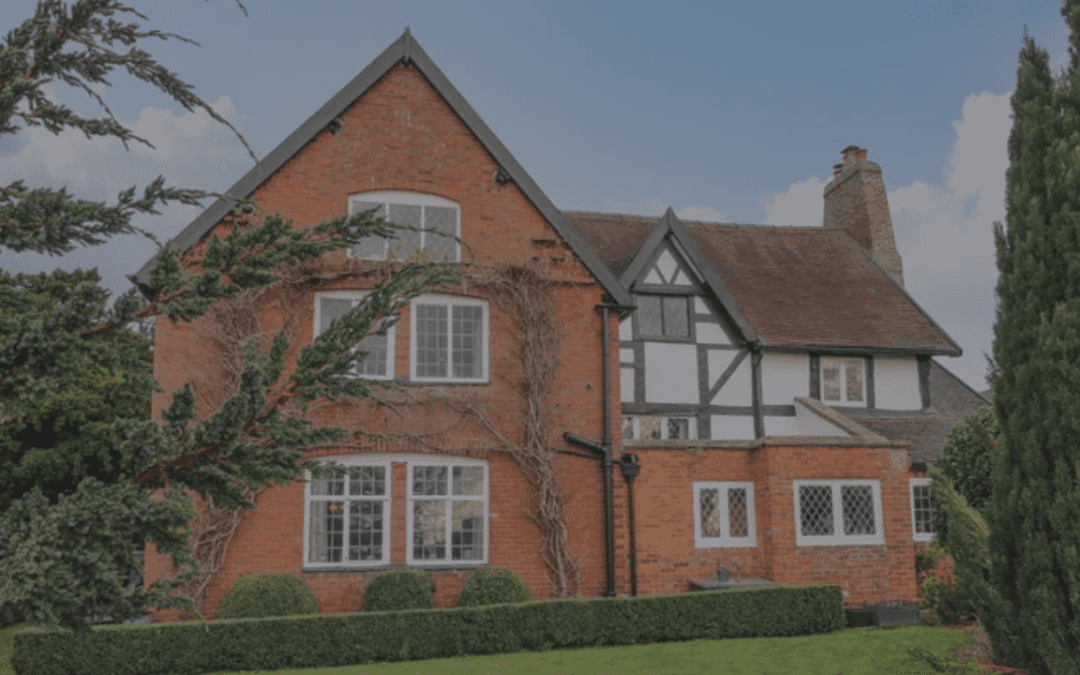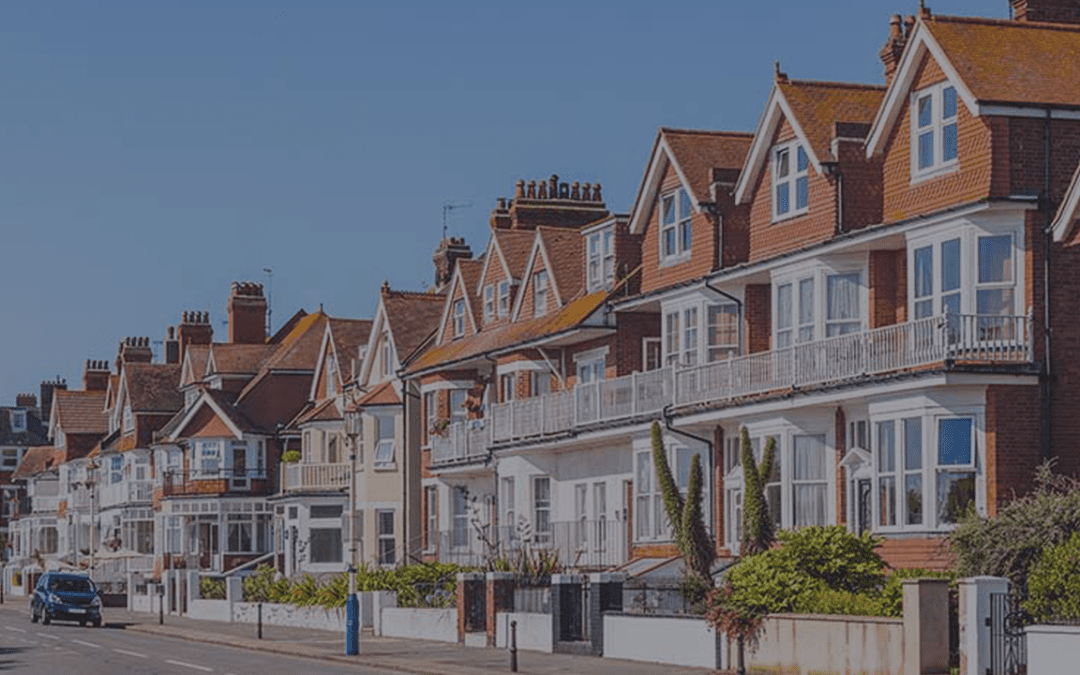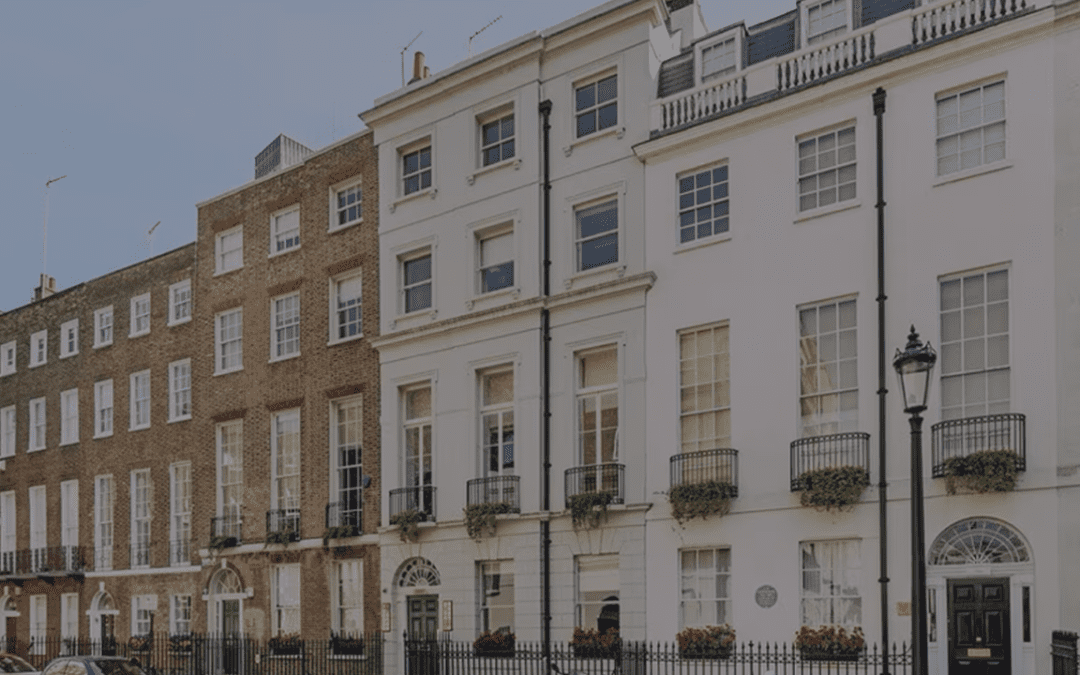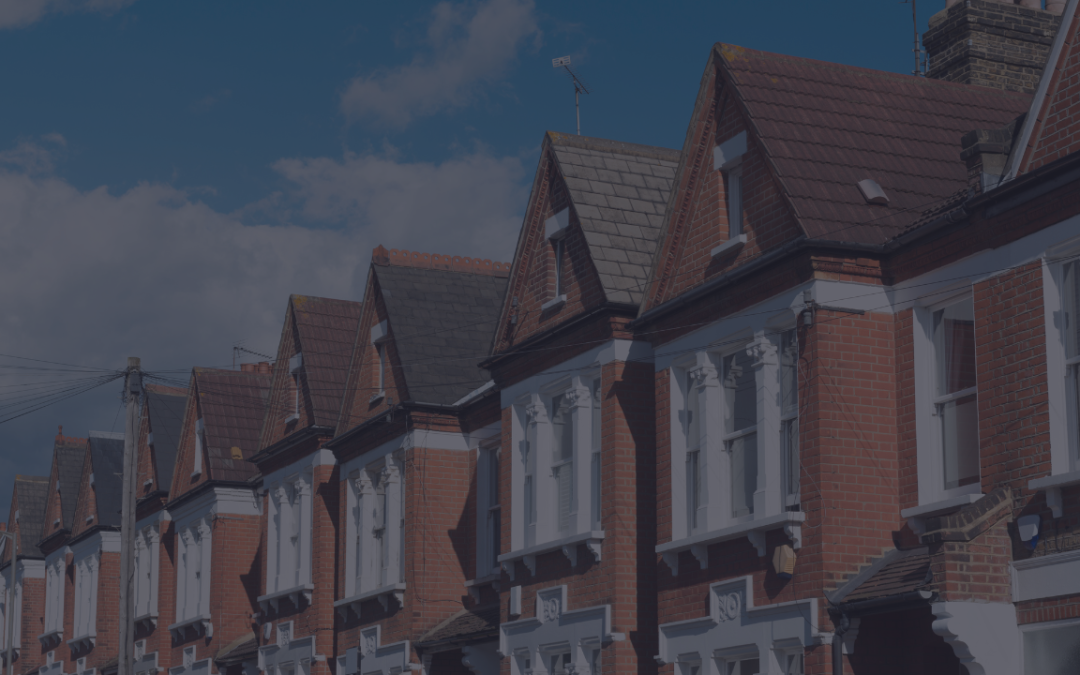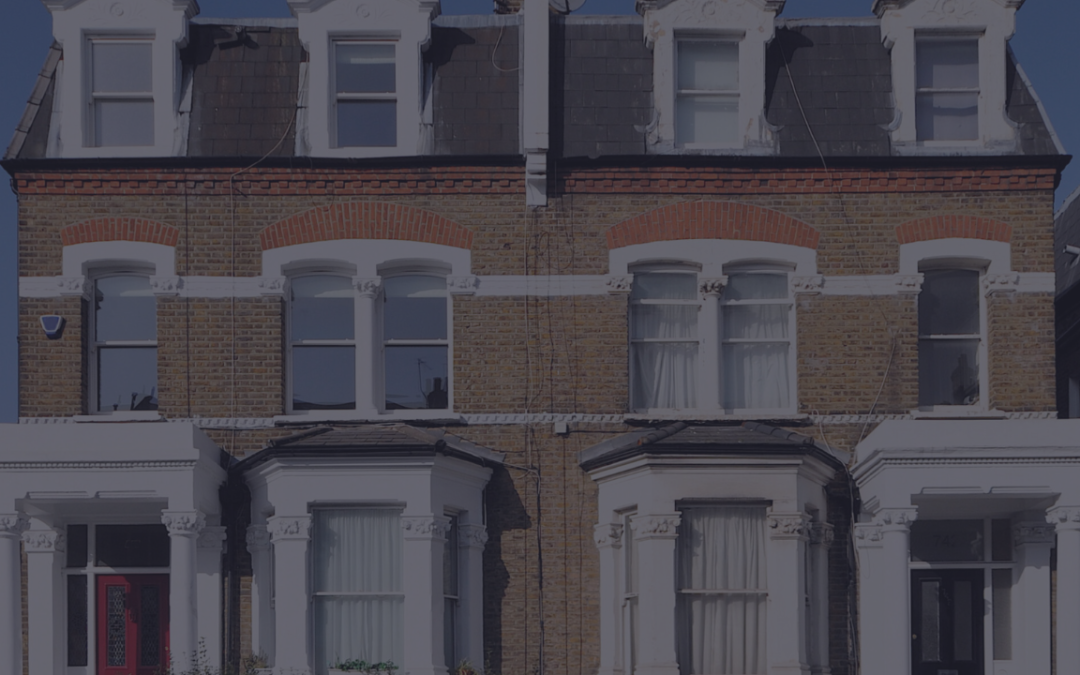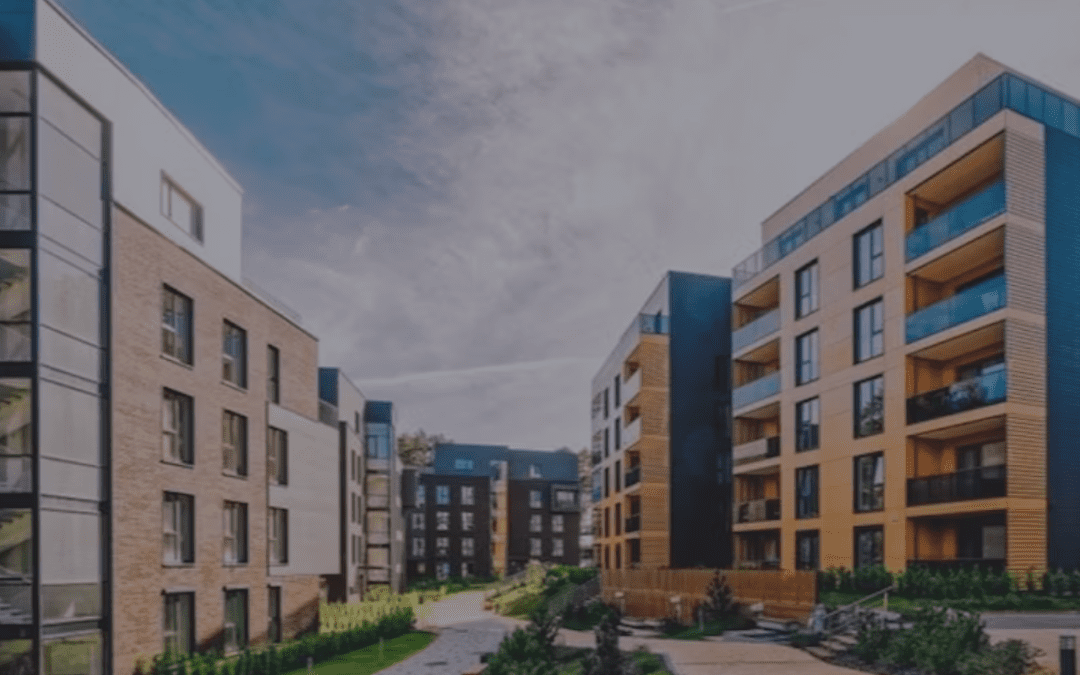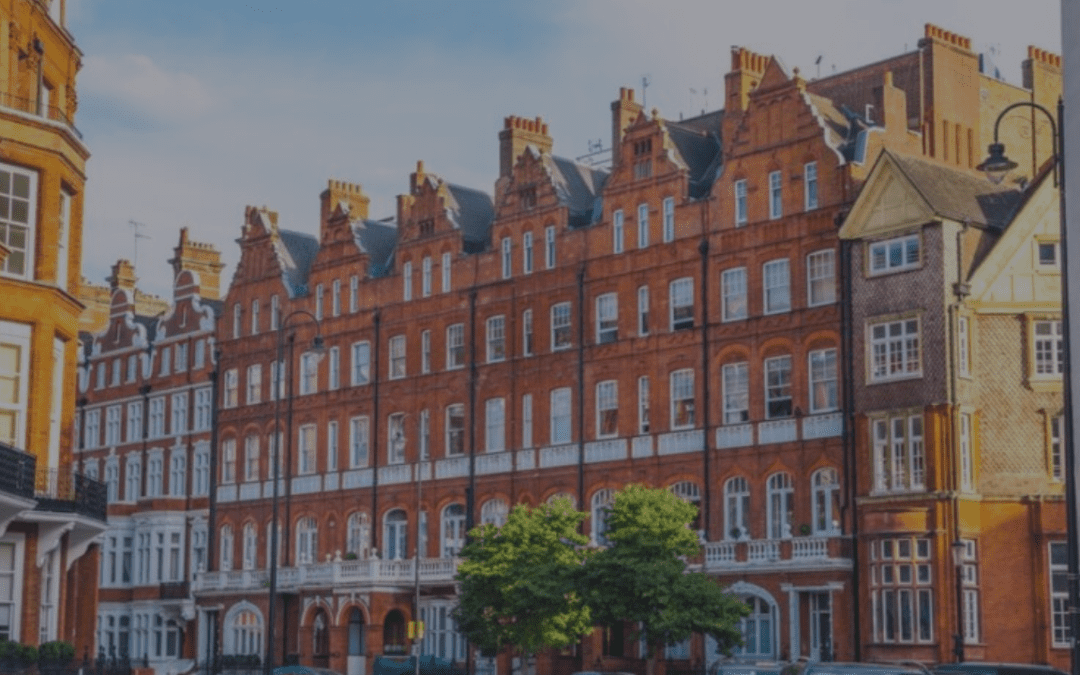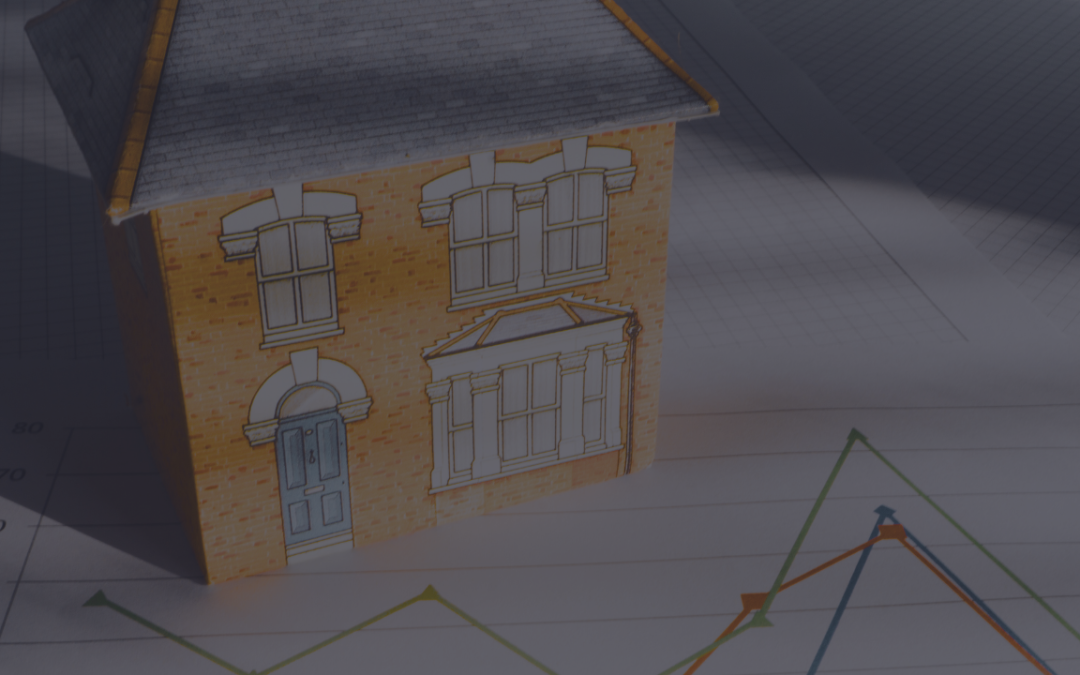In this blog, I’m going to talk about Freehold to Leasehold Strategy Explained, otherwise known as ‘Title Splitting’. This can be a very profitable strategy that anybody can do. It doesn’t matter what level of experience you have once you understand how to do this and what you’re looking for. I guarantee there are going to be deals in your area which you might be missing if you don’t understand how to use this very powerful strategy.
This strategy is a really fantastic strategy. I want to share with you the basic concepts through an analogy I have. It’s a non-property example but I think it will help you understand exactly what I’m trying to talk about here.
Wholesale to Retail Analogy
Let’s say someone owns a cafe, they own a cafe that does breakfast, lunches, salads, toasted sandwiches, soups and things like that. In the afternoon, a lot of people like to come to this cafe and they have a cup of tea or coffee with a nice slice of cake.
The cafe owner has got a choice, they can either make a cake, and homemade cakes are great. Or they can go to the wholesaler and they could buy a fantastic looking cake for maybe say 10 pounds. It’s been made in a factory, but it looks / tastes amazing, and they can pick it up alongside other shopping. It’s very easy for them. Instead of making the cake themselves, they literally take it back to the cafe and cut it into slices. It might be 8, 10, 12, but let’s say this particular cake they’re going to cut into eight slices.
So they’ve bought the cake from a wholesaler at 10 pounds, they’ve cut it into eight slices. Now, they’re going to sell those individual slices, whenever they sell a cup of tea. They’ll say “Would you like a piece of cake with that?” “Great.” Then maybe they sell a cake for two pounds a slice. So there are eight slices at two pounds each, that means the cake we sold for basically 16 pounds. They haven’t had to make the cake, all they’ve done is literally cut it up. They take something that was purchased for 10 pounds and by cutting it up into smaller chunks, they’re selling it for 16 pounds, making this profit.
In other words, if you add up the sum of each of the individual pieces, it’s more than the whole. Therefore by selling it in smaller pieces they’re making more money than they can buy it for as a whole piece, that’s called wholesale to retail. It’s a classic what all wholesalers and retailers do. We can use that exact principle with property investors.
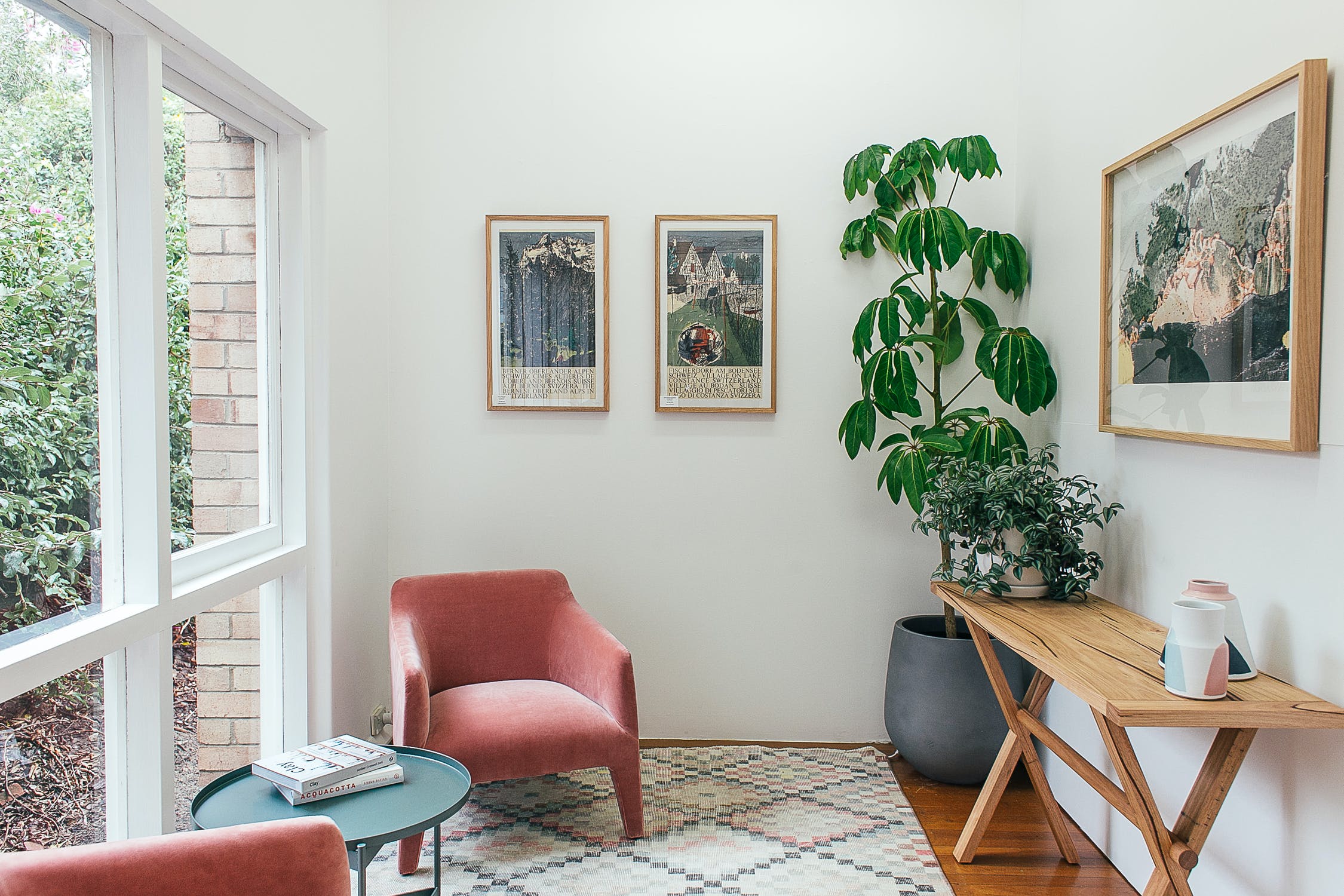
Property Investing Freehold to Leasehold Analogy
Let me give you now a property related example. If you find a freehold property and it must be freehold, that’s very important, and let’s say it’s worth 200,000 pounds. This is also a property where someone else has already turned it into a number of smaller units. They have made one or two bedroom apartments in that block. It might be a house that now has got four one bedroom apartments.
Now, why would someone do that? Well, they could take a house and rent it out and maybe make 800 pounds a month in rental income, or they could spend some money to create these individual units. They can then rent each apartment out at 350 pounds a month, 350 times four is £1400. So instead of getting 800 pounds a month for the whole house, it’s easier to rent smaller units at a lower price and they get 1400 pounds collectively. For what is essentially the same property but just split up into smaller units. That’s why we find these things, that’s why they exist.
Let Someone Else Do the Physical Work
Landlords have done that in the past. You’ll find these in most suburbs, in most cities and some towns, and very often in seaside resorts. People have got a big property, they’ve broken it down into small Holiday Lets. But this is the really important point. Someone else has already done the physical work to create those units. Metaphorically speaking, someone else has baked the cake for you. So you’re looking for a freehold property that has physically been split into individual units.
Now, why is that interesting to you? Well, let’s say we look at each of those individual flats. Let’s say the one-bedroom flats. As a one bedroom leasehold property, now at the moment it’s freehold but let’s just say it’s a leasehold property, that might be worth 75,000 pounds. If you have four of those properties at £75,000, that’s a cumulative value of £300,000. Yet you can go and buy that property for £200,000, and you get a solicitor to metaphorically speaking cut it up like the cake. They do that by creating individual leases for the individual units. Suddenly the value of those properties has increased. So you can buy for 200, you get your solicitor to create the leases, something that’s worth 300, that’s a gross profit of 100,000 pounds.
I know what some people think when they hear all of this, they think, “Oh my God, that’s amazing.” Some of them, “Oh, I’m sure that’s not possible.” Believe me, this is possible. You might think, “Well, why is everyone not doing it?” It’s because it’s specialist knowledge, not everybody knows about this. You might think, “Why does the owner “not create the individual leases when they first create the property?” Well look, it costs money to create the leases. You have to pass it, it might be several thousand pounds to create the leases. But remember why the landlord did it in the first place. They did it because rather than renting out the whole house they wanted to rent out individual units. They didn’t have to create individual leases to be able to rent those units out. They could keep the whole building as a freehold and not have to spend that money with their solicitors. Most people don’t spend money if they don’t need to. So they never needed to create the leases in the past, they rented them out as single units, they haven’t sold them, and so they’ve not needed leases. So this is why we have freehold buildings that are very physically split into individual units.
“Now listen carefully here. You want to make sure that the price that you buy at is less than 75% of the cumulative value.”
Finding Freehold Property in the UK
How do you find these? When you go onto somewhere like SpareRoom or Zoopla, you do a search for a property with lots of rooms and you look at the description. Very often, you might have an eight-bedroom property that in description it says, arranged as four, two-bedroom units. So you can tell from the description. So that’s the first thing you look for.
Then you want to make sure they are fully, that they’re a freehold property. If they’ve already created some of the leases it’s probably not going to work, it needs to be freehold. All of the units also need to be self-contained, that’s very important. So in other words, each unit has got its own front door, behind that front door is a living room, kitchen, bathroom, bedroom. But everything must be behind that door, completely self-contained. If someone has to walk out of their front door and across the corridor to use a bathroom, it’s not a self-contained unit, it doesn’t work.
The other thing is you need to make sure that each of the units is at least 300 metres square in floor space. Because unless it’s at least 300 metres it’s going to be very difficult to get a mortgage on the property. So once you’ve found a property like this, what you do is you speak to the agents, get a viewing. Don’t tell the agent what you’re planning to do. Some agents know about this, many don’t, and if you say, “Hey, well, I’m going to buy this building “and I split individual leases, it can be worth a lot more.” They might think, “Well, that’s a good idea.” They might pick up the phone and call someone from their little black book of investors, “Hey, I’ve got this great deal, you should do this.” So don’t tell the agent what you’re doing. What you need to do is do your light comparisons by checking with another agent in the area.
Don’t tell them about that particular property, say, “Look, if I’ve got some one-bed apartments, “this is the kind of rough size, it’s a converted house.” Tell them all about the property. “How much would this be worth?” They can give you a rough idea. You can go online, do some research, see what are other one or two bedroom apartments being rented for? Make sure you compare like with like. You can then basically add up the individual value of each of the flats if they were leasehold properties. What you’re looking for is this formula.
Now listen carefully here. You want to make sure that the price that you buy at is less than 75% of the cumulative value. Let me give you some examples. So let’s say you’re buying at £200,000. You want to make sure the purchase price is less than 75% of the cumulative value. So you’ll remember the cumulative value is where we take each of the individual units, we add them all up, that’s the cumulative value. So if there’s four flats at £75,000 each, four times 75 is 300. So £300,000, 75% of that is 225, you’re buying for 200 so therefore the purchase price of 200 is less than 75% of the cumulative value which is 225.
In that example, it works really well. What does that then mean? Well, you could go and buy their property, and then you can get your solicitor to create the leases. You can then either sell the units on for a profit or you can refinance and hold on some.

Some Things You Should Know
A couple of technical details here just to fill you in. You cannot be the free holder and the lease holder, you need two separate entities to do that. So you might have some on your own name and then a company as a freeholder or vice versa. The other thing is you would need to buy, put a deposit in, create the leases. Some mortgage companies want you to own it for six months before you can then refinance, some are okay with a shorter lease. But again, speak to a mortgage broker who’s got experience of exactly how to do this.
The final thing is there’s actually a way of doing this using none or very little of your own money. You can exchange contracts and put down a deposit, and normally it’s 10%, but it doesn’t have to be, it could be 5% or 1%, whatever you agree with the owner, and then you create the leases. If you speak to someone like CrowdProperty (crowdproperty.com), which is one of my businesses, we will actually help you fund those deals. So let’s say a property you’re buying for 200 and once you’ve created the leases it’s worth £300,000. Well, we will come in and we’ll help you buy that property based on the higher value that you’ve created. So you exchange contracts, your solicitor creates the leases at just a higher value, we’ll get a RICS valuation. We might lend say 65% of the higher value, depending on how much value is being created, it means you can buy the property using very little of your own money. Then six months later you could refinance to pay back the Crowd. So there are creative ways of doing this using very little of your own money.
I have got some extra training all about this. If you click on the link below, we’ve got a whole hour’s worth. This not only explains the exact process, it gives you lots of actual examples of what some of my students have done. You can then see this absolutely works and that you can implement this once you know how to use the specialist knowledge. So click on the link below and come and register for that training.
I do hope you got massive value from this blog. I’d encourage you to click on the link below to come and do the online training with me. Invest with knowledge, invest with skill, I’ll see you very soon.

